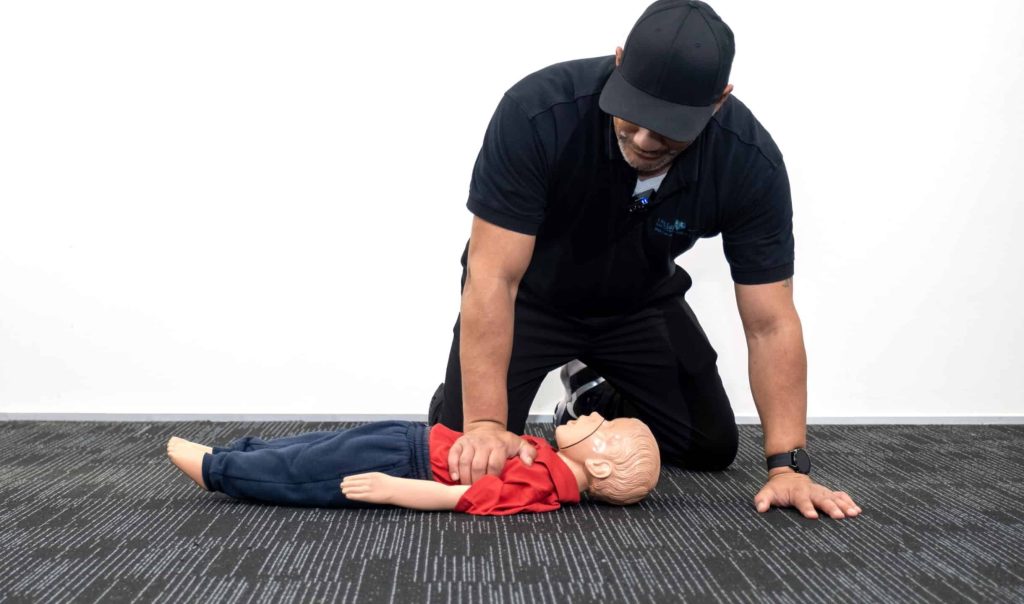Effective emergency response training is vital for boosting team confidence and ensuring workplace safety. By equipping employees with the skills and knowledge needed to handle emergencies, organizations can create a proactive culture of safety that reduces risks and enhances productivity. Emergency preparedness is not just about responding to immediate threats but also about building confidence among team members to act decisively and efficiently during stressful situations. One of the core benefits of expert emergency response training is the development of a well-prepared team. In high-pressure situations, clear thinking and quick action are critical. Training programs focus on equipping employees with the proper techniques for managing emergencies such as fires, medical incidents, natural disasters, or security breaches. By practicing realistic scenarios, employees become familiar with protocols, tools, and resources that may be used during a crisis.

This familiarity allows for smoother and more coordinated responses, significantly reducing the potential for confusion or mistakes during an actual emergency. Beyond technical skills, training fosters a sense of collective responsibility. It encourages employees to look out for one another, strengthening teamwork and communication within the group. Knowing that each team member is equipped to handle emergencies boosts morale and ensures that individuals are not left feeling vulnerable or unsupported. In the face of uncertainty, this unity plays a pivotal role in improving both individual and team performance under stress. BHV certifcaat emergency response training also prioritizes safety by addressing potential hazards in the workplace. When employees are trained to identify and assess risks, they can proactively take steps to mitigate them before they escalate into serious incidents.
This preventive approach enhances the overall safety culture of the organization. Moreover, employees trained in first aid and CPR is often empowered to assist colleagues in non-life-threatening situations, improving the overall well-being of the team. By integrating expert-led training into regular safety protocols, businesses demonstrate their commitment to employee well-being. It reassures workers that their safety is a priority and that the organization is dedicated to providing the resources necessary to protect them. This sense of security helps reduce anxiety, build trust, and foster long-term employee engagement. Ultimately, emergency response training is not just a form of risk management it is an investment in the resilience and safety of the entire workforce. When teams are well trained and confident, they are more capable of responding to emergencies with clarity and composure, ensuring a safer and more supportive work environment for everyone involved.

